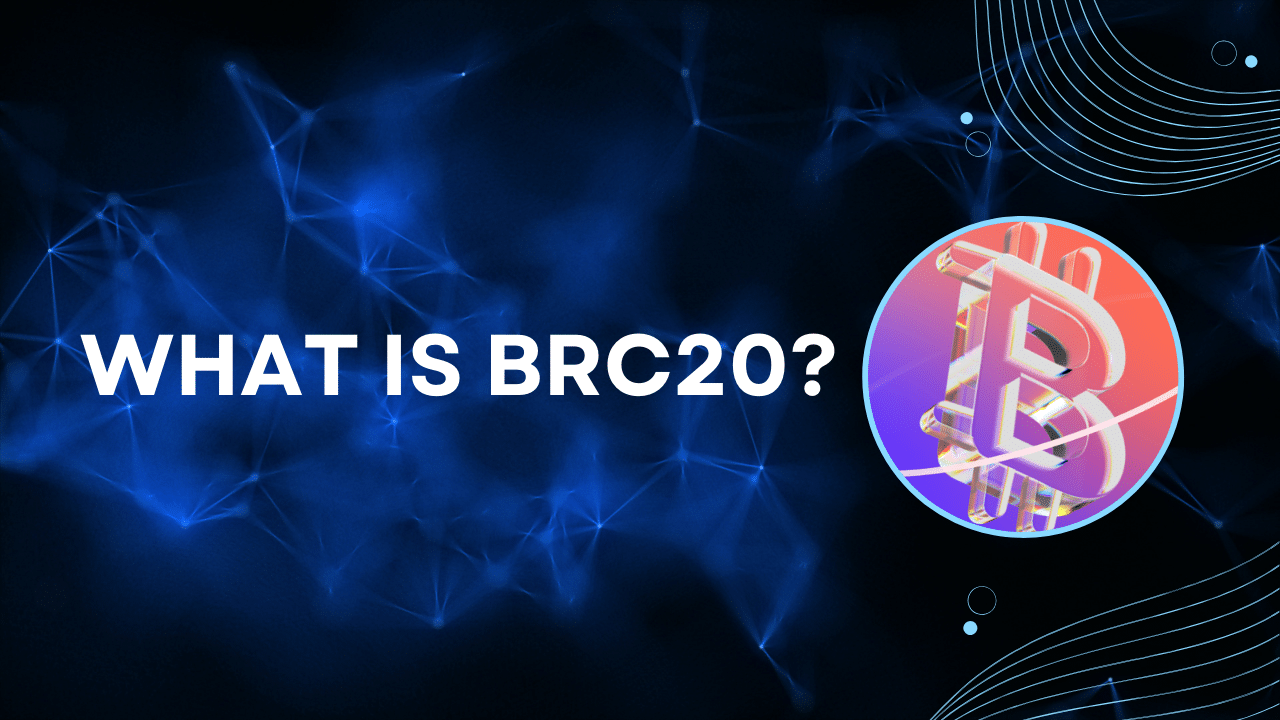Contents
|
|
With Bitcoin on the verge of breaching its all-time high levels, the crypto space needs an actual Bitcoin ETF (or exchange-traded fund), as more people than ever before are looking to invest in the premier digital currency
Contents
What is ETF Crypto?
ETFs have been long deployed in traditional stock markets. They are extremely popular since exchange-traded funds offer the best attributes of two highly sought-after assets. It combines the diversification benefits of mutual funds while mimicking the ease with which stocks are traded.
So, how does an ETF work?
- A fund provider owns the underlying assets and designs a fund to track their performance, and sells shares in that fund to investors.
- Shareholders own shares of the asset, but they don’t own the asset itself.
- Shareholders get dividend payments, or reinvestments, for the stocks that make up the index.
- The ETFs may trade at market-determined prices that may differ from the asset itself.
- Long-term returns for an ETF may vary from the underlying asset.
Is there an ETF for Bitcoin?
The journey to get a functional Bitcoin ETF in the market has been a rocky one…to say the least. The Securities and Exchange Commission (SEC) has been hesitant to allow Bitcoin ETFs since BTC itself remains mostly untested and unregulated. The overall timeline for ETFs looks something like this:
- July 2013 – The Winklevoss Bitcoin Trust files the first-ever Bitcoin ETF proposal.
- June 2018 – The Winklevoss twins file a second Bitcoin ETF proposal, which the SEC promptly rejected.
- February 2020 – Wilshere Phoenix creates the latest Bitcoin ETF proposal, which gets rejected by the SEC.
- September 2020 – The world’s first Bitcoin ETF gets listed on the Bermuda Stock Exchange.
Why not just invest in Bitcoin?
Bitcoin ETF, like any stock exchange ETF, simply mirrors the underlying asset itself, which in this case is Bitcoin. If that’s the case, then why should they even bother buying Bitcoin ETF? Shouldn’t they just purchase BTC? Well, it turns out that ETFs have several advantages over digital currency:
- Investors don’t need to bother with all the security hoopla that comes with holding bitcoin or any other cryptocurrencies.
- Investors don’t have to deal with cryptocurrency exchanges. ETFs can be traded via a traditional stock exchange.
- An ETF leverages traditional investment instruments to allow investors to short sell shares if they want to.
- Finally, ETFs bring in a lot of credibility in the whole equation. Your average investor may still be wary about investing in crypto. However, ETFs are a well-known financial instrument and a more confident investment than digital currency.
What is the best Bitcoin ETF in 2021?
Instead of Bitcoin ETFs, let’s focus on blockchain ETFs this time around. A blockchain ETF is a fund that meets at least one of the following two criteria:
- It’s a fund that invests in companies that look to disrupt business operations by integrating blockchain technology.
- It’s a fund that notes the performance of Bitcoin and other cryptocurrencies through futures contracts or by holding the underlying asset.
Now, let’s check some of the hottest blockchain ETFs in the market today. As per Investopedia, these ETFs have outperformed the S&P 500‘s total return of 12.0% in the past year.
#1 Reality Shares Nasdaq NexGen Economy ETF (BLCN)
BLCN is a large-cap ETF that’s broadly focused on the technology sector across developed markets worldwide. This fund tracks down the well-known Reality Shares NASDAQ Blockchain Economy Index. This index measures the ROI of companies involved in the development, research, support, or use of blockchain technology. The top three holdings included in the ETFs are –
- JD.com Inc. (JD), a Chinese e-commerce company
- Microsoft Corp. (MSFT).
- Square Inc. (SQ), an American financial services, merchant services aggregator, and mobile payment company
#2 Amplify Transformational Data Sharing ETF (BLOK)
BLOK is a multi-cap fund that mostly focuses on companies in the technology sector of developer markets. To be precise, this fund focuses on blockchain-based businesses and invests in both growth and value stocks. Their top three holdings are:
- Galaxy Digital Holdings Ltd. (GLXY:TSE), a merchant bank dedicated to digital assets and blockchain technology
- Silvergate Capital Corp. (SI), the parent company of Silvergate Bank, a financial services company serving fintech and digital currency clients
- Square Inc.
#3 Innovation Shares NextGen Protocol ETF (KOIN)
Another large-cap ETF that invests mostly in growth stocks and tracks the Innovation Labs Blockchain Innovators Index. This index includes companies involved in, invested in, or working with either cryptocurrency or blockchain technology. Top three holdings:
- NVIDIA Corp. (NVDA), a semiconductor company
- Taiwan Semiconductor Manufacturing Co. Ltd. (TSM)
- PayPal Holdings Inc. (PYPL)
Is GBTC a good way to invest in Bitcoin?
We brought up GrayScale while discussing the BLOK index. They are one of the most well-known entities in the crypto space. On January 21, 2020, Grayscale became an SEC reporting company, registering its shares with the Commission. In the process, Grayscale became the first digital currency investment vehicle to be recognized as a reporting company by the financial watchdogs.
Accredited investors who have purchased shares in the Trust’s private placement get an earlier liquidity opportunity. This happens because the statutory holding period of private placement shares reduces from 12 to 6 months, as per SEC rules.
Grayscale’s public shares are called GBTC. While GBTC isn’t traditionally a Bitcoin ETF, Grayscale claims that it’s modeled on popular commodity investment products like SPDR Gold Trust, a physically-backed ETF. GBTC trades over-the-counter and is available for investors to buy and sell in the same way as virtually any U.S. security. It is available within tax-advantaged accounts like IRAs or 401(k)s.
Bitcoin ETF Conclusion
Bitcoin ETF is a helpful investment device that should bring the premier crypto asset to the masses. Satoshi Nakamoto created an asset that has the potential to disrupt the global economy forever. However, the crypto space still needs the mainstream investor crowd to hop in and reap its many rewards. A reliable exchange-traded fund could be the ideal vehicle that could kickstart this transition.

![What is a Bitcoin ETF? [Everything You MUST Need To Know]](https://blockgeeks.com/wp-content/uploads/2020/12/What-is-a-Bitcoin-ETF_-Everything-You-MUST-Need-To-Know.png)





![What is a Bitcoin ETF? [Everything You MUST Know]](https://blockgeeks.com/wp-content/uploads/2023/11/Arbitrum-Bridges-The-Most-Comprehensive-Guide-6.png)
![What is a Bitcoin ETF? [Everything You MUST Know]](https://blockgeeks.com/wp-content/uploads/2023/09/Top-4-US-states-that-are-more-interested-in-Ethereum-over-Bitcoin-in-2023.png)